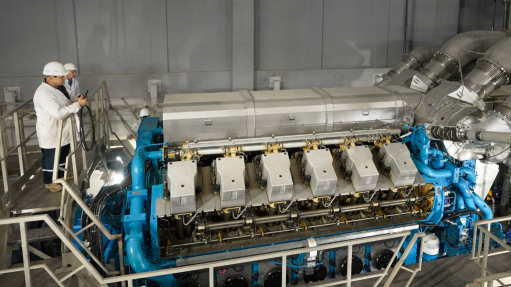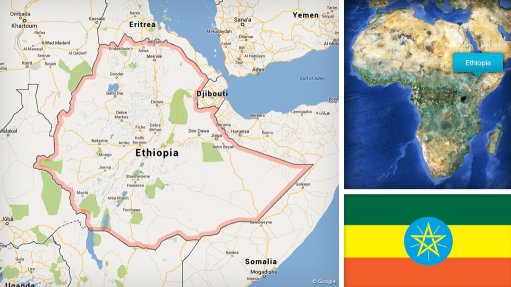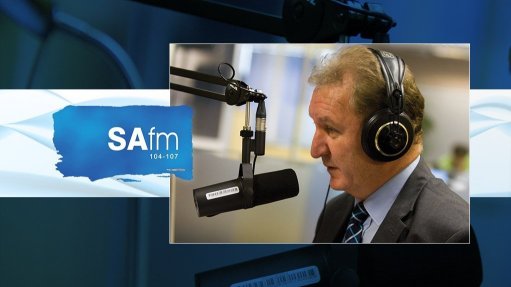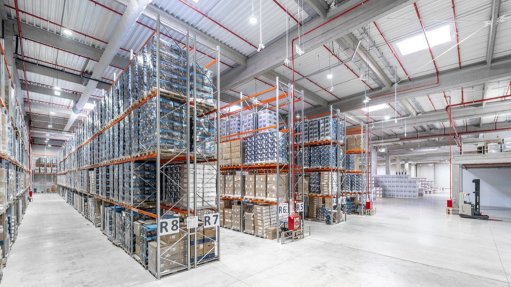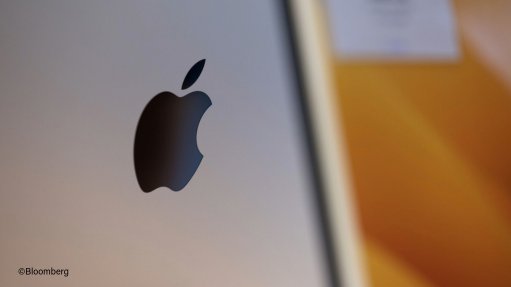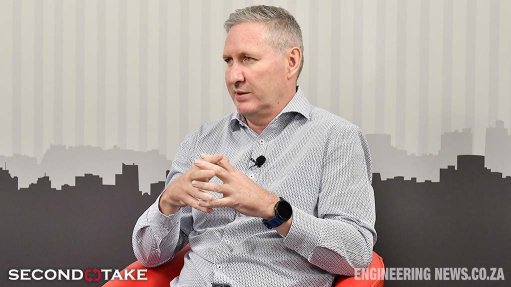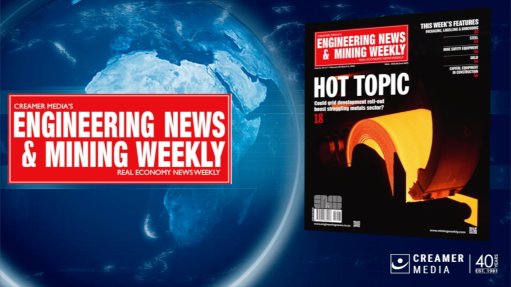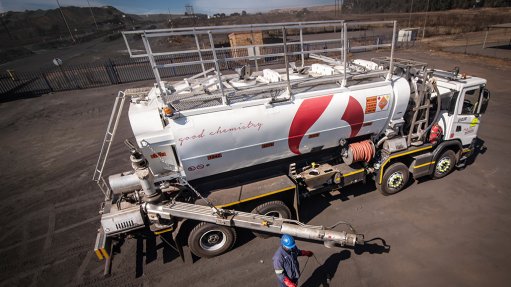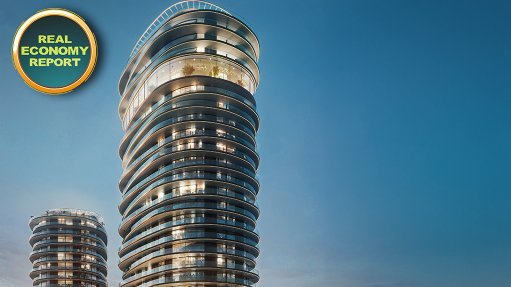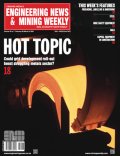Saudi-developed solution could broaden access to sanitised water in Africa
King Abdullah University of Science and Technology (KAUST), in Saudi Arabia, is developing an energy efficient initiative that could assist hundreds of millions of people who lack access to clean, sanitised water across Africa.
With an estimated 450-million people in Africa lacking access to safely managed sanitation, the solution is to “think small, think green and think differently”, and taking a fresh look at the continent’s sewage, says KAUST associate professor of environmental science and engineering Peiying Hong.
The demand for already scarce water supplies will exponentially increase as the continent seeks to produce sufficient food and energy, while large volumes of raw sewage are not captured for treatment, allowing biological hazards to leak into the environment.
“Conventional water sources will become increasingly susceptible to contamination as increased populations generate larger volumes of wastewater and climate change promotes the spread of waterborne pathogens.
“The problems are only likely to get worse if left unaddressed, as population growth and climate change put further pressure on water supplies,” she says.
Hong, who is preparing to present her research to the Global Sustainable Development Congress, hosted by KAUST, at the end of May, along with her team, devised a small 25 m2, environment-friendly treatment plant that does not require sewage to be aerated, runs on renewable energy and can currently clean up to 50 000 ℓ of sewage each day.
The plant is equipped with an anaerobic membrane bioreactor, a UV-based disinfection process and a granular, biologically activated carbon column, delivering high-quality, reclaimed water that does not require much energy.
“Wastewater is not actually waste; it is an important resource. After proper treatment, it can be converted into high-quality, reclaimed water that can be used for food and energy production.”
She explains that some countries, such as South Africa, manage to recycle some of their water, but the amounts are limited, as cleaning wastewater is energy intensive.
“The most common way of purifying wastewater relies on aerating the water with oxygen to induce biodegradation. But that requires a large amount of energy and it produces greenhouse-gas emissions,” Hong explains.
Further, wastewater cleaning also suffers from an “image problem”, with hesitation in recycling wastewater, owing to concerns over water quality and the associated health impacts.
“The upshot is that a precious stream of water resource is not being used to its full potential.”
Hong and her team have also developed rapid, easy-to-use ways of monitoring water purity, as current waterborne microorganisms monitoring methods require lab access and expensive instruments.
“We are developing an application that will allow any user to rapidly assess the water they have for its quality, whenever and wherever they want. Through use of these two technological innovations, the team aims to demonstrate that reclaimed water can be safely and sustainably used.”
Comments
Press Office
Announcements
What's On
Subscribe to improve your user experience...
Option 1 (equivalent of R125 a month):
Receive a weekly copy of Creamer Media's Engineering News & Mining Weekly magazine
(print copy for those in South Africa and e-magazine for those outside of South Africa)
Receive daily email newsletters
Access to full search results
Access archive of magazine back copies
Access to Projects in Progress
Access to ONE Research Report of your choice in PDF format
Option 2 (equivalent of R375 a month):
All benefits from Option 1
PLUS
Access to Creamer Media's Research Channel Africa for ALL Research Reports, in PDF format, on various industrial and mining sectors
including Electricity; Water; Energy Transition; Hydrogen; Roads, Rail and Ports; Coal; Gold; Platinum; Battery Metals; etc.
Already a subscriber?
Forgotten your password?
Receive weekly copy of Creamer Media's Engineering News & Mining Weekly magazine (print copy for those in South Africa and e-magazine for those outside of South Africa)
➕
Recieve daily email newsletters
➕
Access to full search results
➕
Access archive of magazine back copies
➕
Access to Projects in Progress
➕
Access to ONE Research Report of your choice in PDF format
RESEARCH CHANNEL AFRICA
R4500 (equivalent of R375 a month)
SUBSCRIBEAll benefits from Option 1
➕
Access to Creamer Media's Research Channel Africa for ALL Research Reports on various industrial and mining sectors, in PDF format, including on:
Electricity
➕
Water
➕
Energy Transition
➕
Hydrogen
➕
Roads, Rail and Ports
➕
Coal
➕
Gold
➕
Platinum
➕
Battery Metals
➕
etc.
Receive all benefits from Option 1 or Option 2 delivered to numerous people at your company
➕
Multiple User names and Passwords for simultaneous log-ins
➕
Intranet integration access to all in your organisation






